KUMBA 1 COUNCIL SIGNS PARTNERSHIP WITH MINTOUR
September 30, 2025

This article examines how councils ensure the provision of clean water through boreholes, water catchments, and treatment plants. It discusses how to prevent waterborne diseases, the importance of community involvement […]
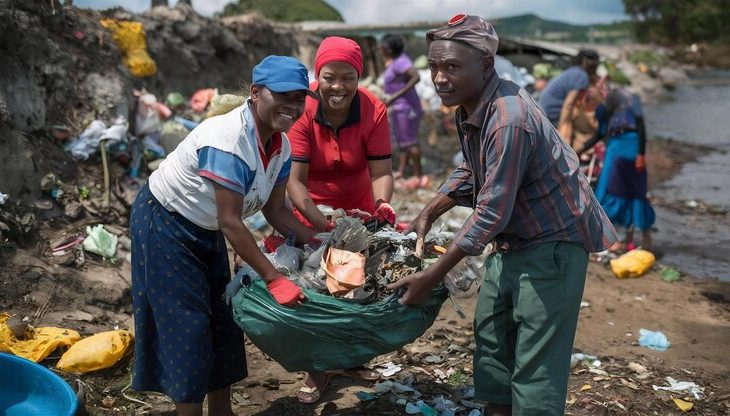
Mental health is often neglected in community health planning. This blog explores how councils can integrate mental health into primary healthcare by training health workers, creating awareness campaigns, and establishing […]

Uncollected waste in urban councils poses significant health risks. This blog post presents a comprehensive review of waste collection mechanisms, challenges in enforcement of waste bylaws, and innovative ideas like […]
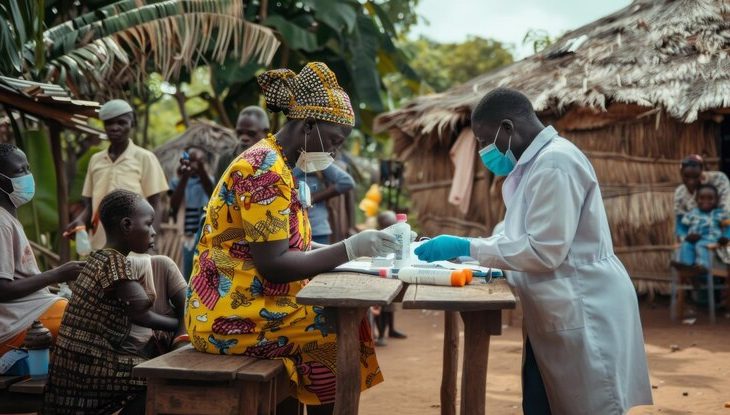
The link between education and public health is crucial. This article outlines how councils can introduce hygiene programs in public schools, the importance of WASH (Water, Sanitation, and Hygiene) facilities, […]
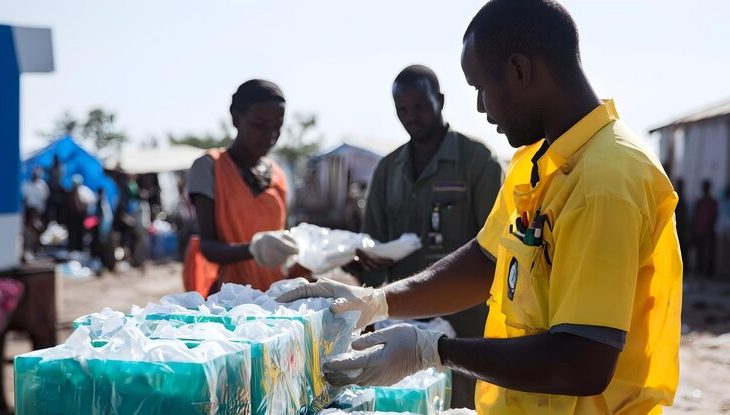
Open defecation remains a public health challenge in several council areas. This article analyzes the socio-cultural causes, its health implications, and how councils can implement cost-effective solutions such as community-led […]
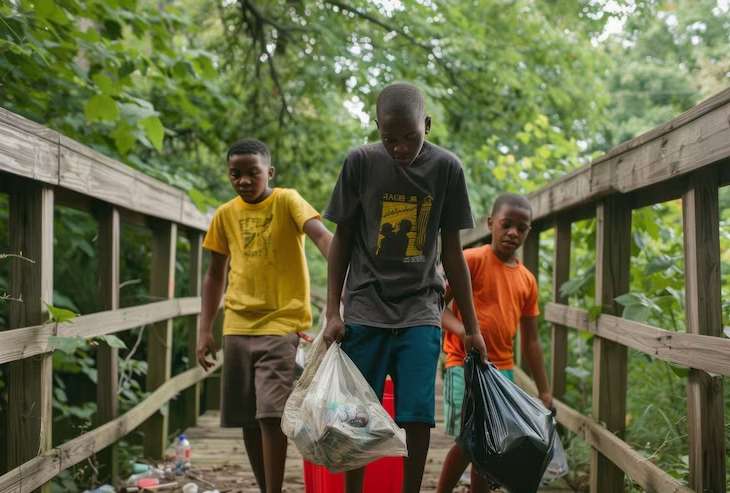
In many rural and semi-urban areas of Cameroon, councils are on the front lines of providing health services to communities. This article explores the role of councils in ensuring primary […]

Several kilometers of rural roads have been graded and reinforced, making transportation of agricultural goods easier and faster. This has reduced post-harvest losses and improved access to markets, healthcare, and […]

Six communities previously without access to clean water now have functioning boreholes. These boreholes, equipped with hand pumps and storage tanks, have drastically reduced waterborne diseases.

Over 500 youths have benefited from completed vocational training in tailoring, carpentry, and digital skills. The program, run in collaboration with NGOs, has already led to the establishment of several […]
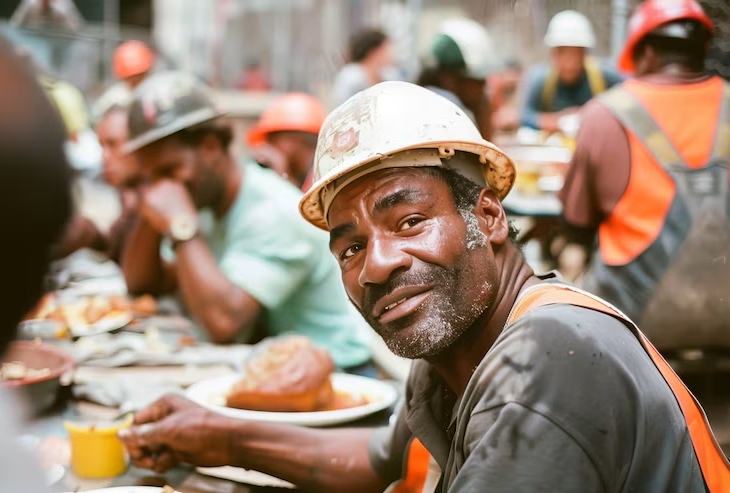
To combat open defecation and improve sanitation, public toilets have been constructed in three high-traffic market zones. Managed by local youth cooperatives, these facilities have created jobs and promoted hygiene.
